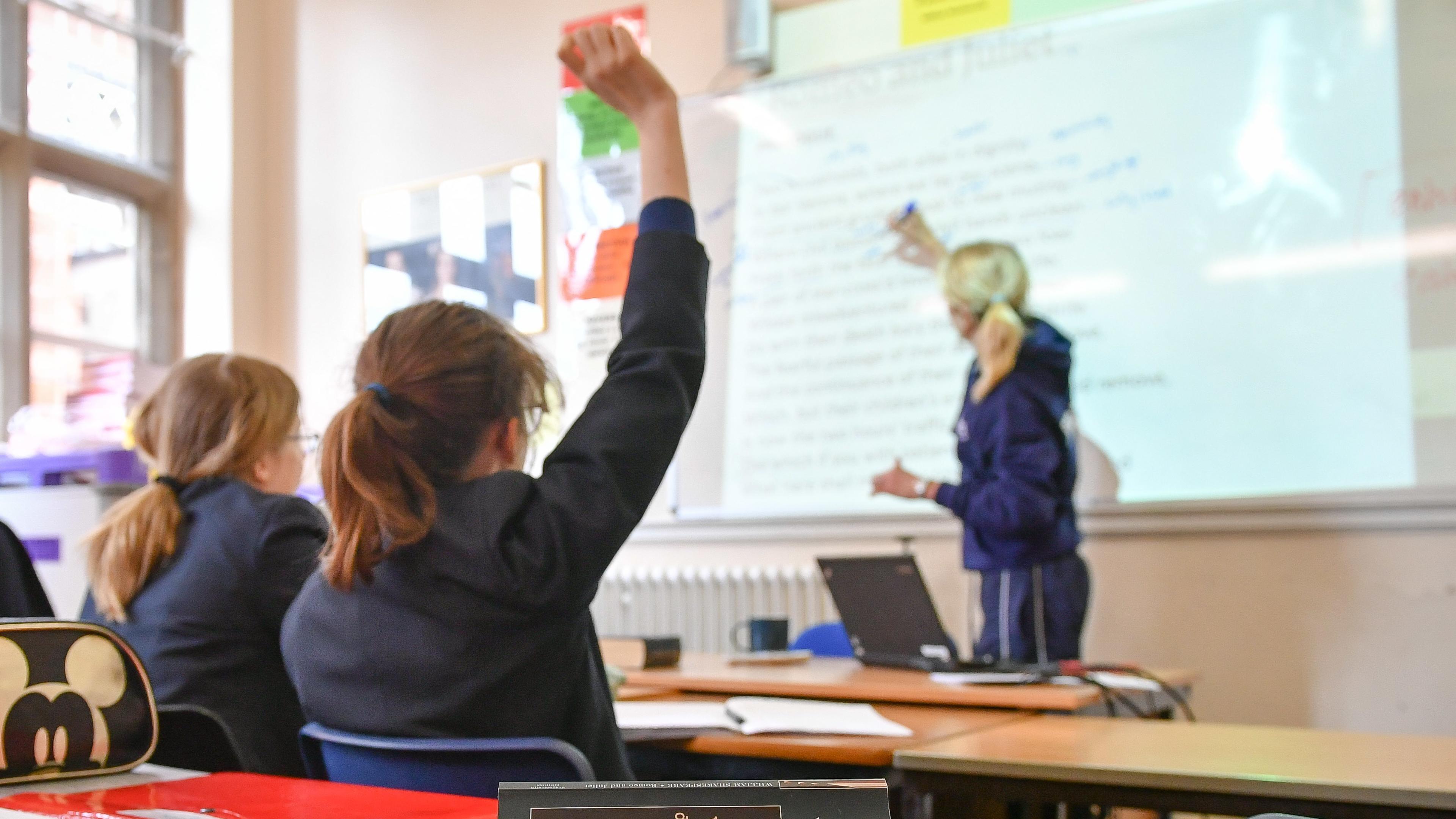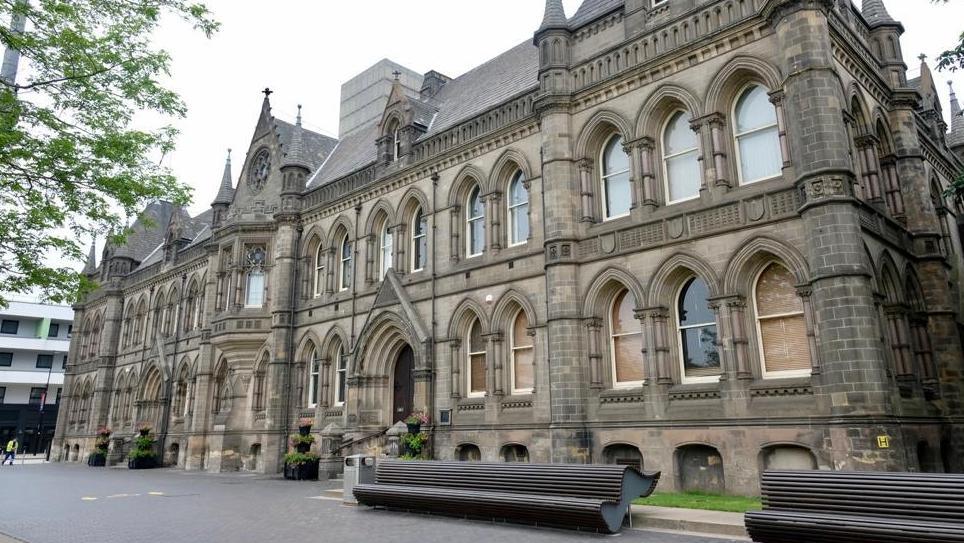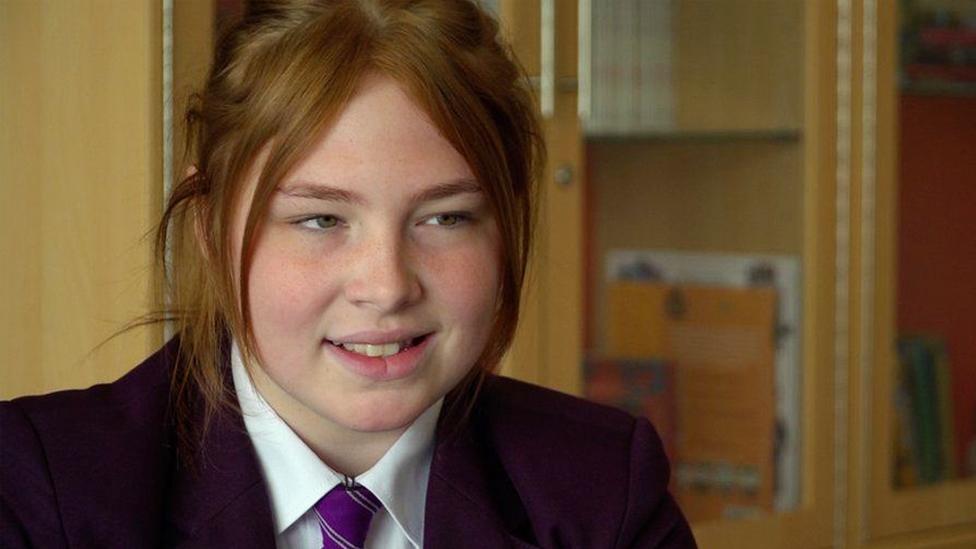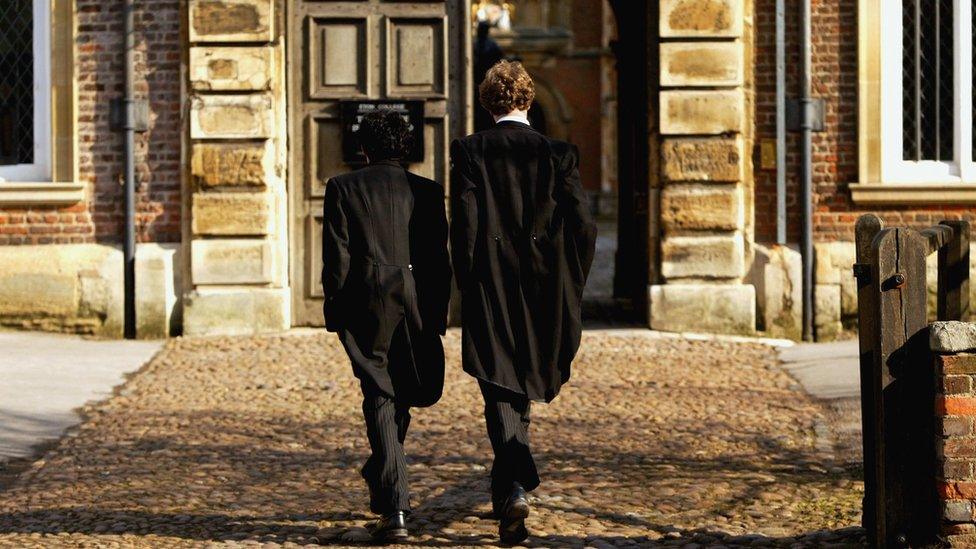Middlesbrough first to join school attendance scheme

Mentors will give one-to-one support to persistently absent pupils.
- Published
Middlesbrough will be the first area to take part in a pilot scheme to combat low school attendance rates.
Mentors will give one-to-one support to pupils who are persistently absent or missing a lot of lessons and address why they are not coming to school.
The borough's absence rate is higher than the national average.
Middlesbrough Council's executive member for children's services Mieka Smiles said "too many" children were "harming their life chances" by missing school.
Ms Smiles said the council was "happy to be working with the DfE [Department for Education] on this ground-breaking programme that has the potential to shape lives for the better, not just in Middlesbrough but across the country”.
The borough had an absence rate of 5.7% and a persistent absence rate of 16.7% last year, compared with national averages of 4.6% and 12.1%.
The £5m DfE project will start in Middlesbrough for a year, roll out to four other areas in year two and continue in all five areas for a third year.
It will also provide retention payments to keep top teachers in high-priority subjects, the Local Democracy Reporting Service, external said.

Middlesbrough's absence rate is higher than the national average
The Schools White Paper, external, published in March, said schools and local authorities should re-engage those children who were missing more than half their lessons.
The report said children who had no absence during the two years of GCSE study were almost twice as likely to achieve five or more than those who missed 10-15% of lessons.
"Persistent absence impacts attainment and children’s safety, with 90% of young offenders persistently absent," it said.
Earlier this year, Middlesbrough was named as an education investment area, where poorly performing schools are prioritised as locations for new specialist sixth-form free schools.
The government said it wanted to ensure 90% of children leaving primary school in England reach the expected standard in reading, writing, and maths by 2030.
In 2019, only 65% of pupils met all three standards.
Follow BBC North East & Cumbria on Twitter, external, Facebook, external and Instagram, external. Send your story ideas to northeastandcumbria@bbc.co.uk.
- Published7 June 2022

- Published11 March 2022
